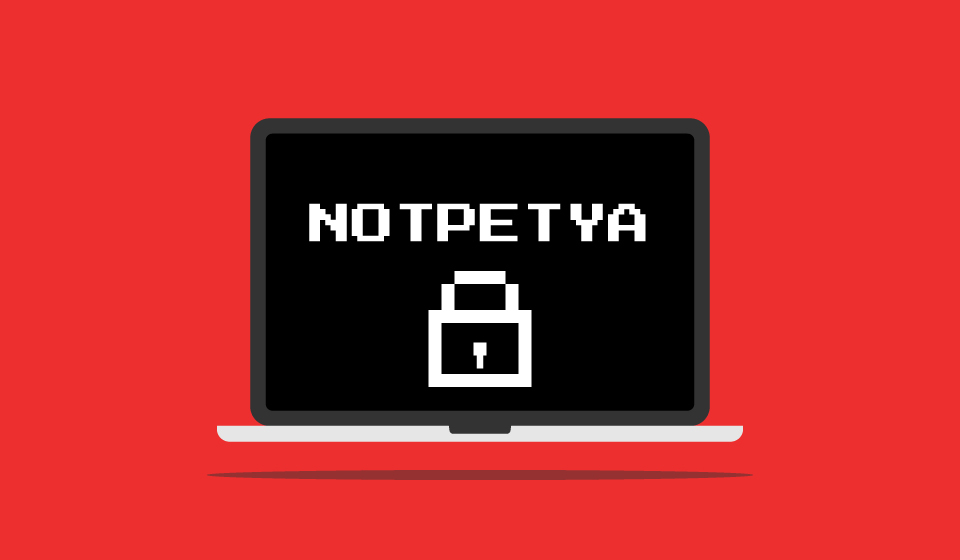
Members of the House Energy and Commerce Committee recently sent public letters to the heads of the U.S. Department of Health and Human Services (HHS) and the global pharmaceutical company Merck concerning the NotPetya malware and its effects on drug supplies.
On June 27, a malware known by a number of pseudonyms such as NotPetya, Petya, and NietPetya began exploiting computers across the world by leveraging known vulnerabilities within their networks to access encrypted information and restrict access to their owners.
“While the malware was largely contained after the initial outbreak, it had successfully compromised businesses around the world. Known victims come from a variety of sectors including, but not limited to, shipping, food, marketing, oil, and legal,” U.S. Reps. Greg Walden (R-OR) and Tim Murphy (R-PA) wrote. “It was widely reported at the time that Merck was among those affected by the NotPetya malware strain.”
They continued, stating that while there was no evidence to date, Merck’s manufacturing disruption had created a risk to patients and raised concerns.
As an example, the congressmen cited an update on a national vaccine supply, which the U.S. Centers for Disease Control and Prevention (CDC) reported that Merck would not be distributing certain formulations of a Hepatitis B vaccine.
“While it is unclear whether this is related to the NotPetya disruption, and much of the supply can be filled by other manufacturers, it does raise questions about how the nation is prepared to address a significant disruption to critical medical supplies,” they wrote.




